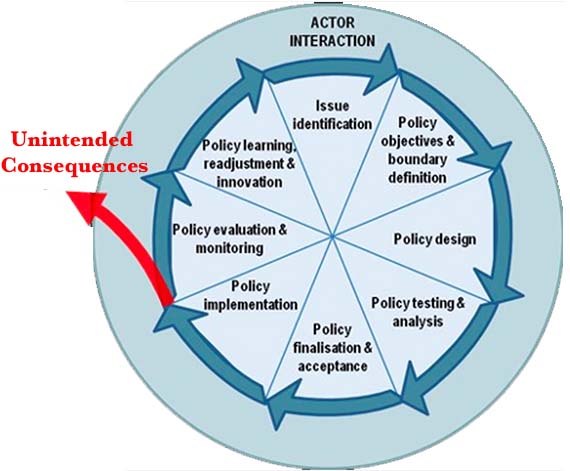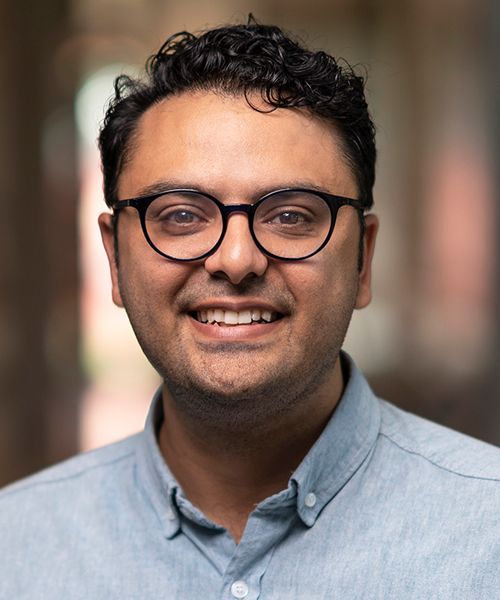Workshop: Responsible Water Policy Innovation
Policy innovation and unintended consequences in water, agriculture, and the environment
Water innovation (social, technical, legal, etc) can produce both benefits and unintended, harmful consequences. Examples range from innovations for increasing irrigation efficiency and dam construction to AI-enabled systems to detect leaks from underground pipes. We can talk about policies and technologies in various categories and contexts, such as the ones that support (1) water extraction, water distribution, and water usage; or (2) domestic, agricultural, and industrial water consumption, or (3) recycled water and/or related waste products.
The pivotal question that might arise from designing and implementing these policies and technologies is that: How can we ensure they are not harmful but beneficial to societies?
The literature in Responsible Innovation (RI) suggests that by focusing on and deploying dimensions such as anticipation, reflexivity, deliberation, responsiveness, participation we can address such issues in different stages of the innovation process. In the Montpellier workshop we will draw on combined experience of participants from a variety of contexts and share case studies from around the world to illustrate how the notion of ‘responsible innovation’ could be understood and applied in water resource management and policy making.

Similar to previous Policy Analytics and French-Australian workshops, the Montpellier Workshop would like to provide time for participants to share recent case studies (since the last policy analytics workshops in Paris 2018 and Canberra 2019).
Building on past discussions, workshop organizers would like to further explore ideas around policy innovation and unintended consequences, i.e., we would particularly value case studies that test methodologies or bring out lessons related to these points.
The final program will be announced here on June 10.
If you’re interested to join the conversation, please contact Dr Ehsan Nabavi at ehsan.nabavi@anu.edu.au.
We have some travel funding available for EU participants interested in the topic.

It is coming up
MontpellieR | France
1
July 2022



